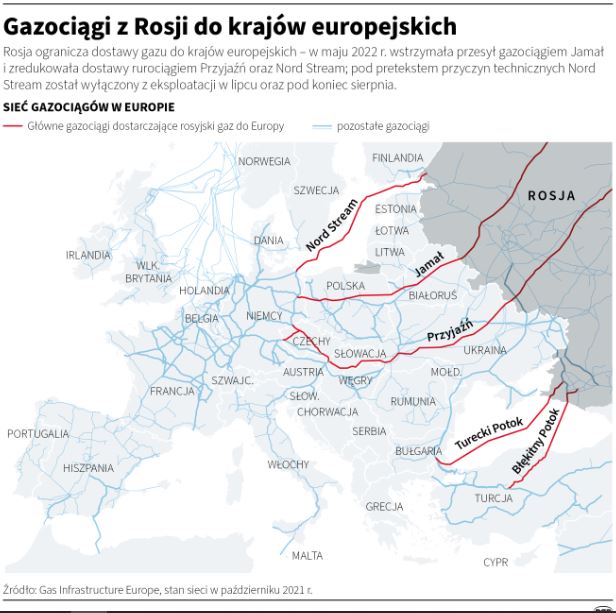My Asharq interview, along with Mohammed Al-Dabai, Saudi energy journalist, on 13 April 23. (This post has English interpreter’s audio and my voice over the Arabic. View in Arabic here.)
At about timestamp 5:30, I discuss the difficulties with the Gulf states exporting “green hydrogen” to Germany and the EU.
So little renewable carbon-free energy is produced in MENA and esp. in Gulf states (i.e., almost none), and it would be so inefficient to convert this into “green hydrogen” and then further into “green ammonia” (as many in Germany and the EU now advocate), and then to ship it all the way to Germany or elsewhere in the EU, that it would make little sense, except in so far as Germany and EU states are willing to pay a good price.
However, it would also leave the MENA region with little improvement in their carbon-heavy electricity consumption. Mr. Al-Dabai generally concurred on the “scientific” problems, as he described them, of producing and exporting green hydrogen.
We were discussing a recent Ember consultancy report (London, link below) on the progress of renewable electricity worldwide, and how there is little progress in the Gulf and larger MENA region.
However, I briefly pointed to nuclear developments, the building of new So. Korean Generation 3+ plants in the UAE, and to Saudi plans, as very promising.
However, as with other renewables-focused outfits, Ember doesn’t seem to see any value in this pragmatic approach, not to mention the benefits of coal-to-natural-gas switching as a very reasonable, carbon-emmissions-reduction strategy.
Continue reading


